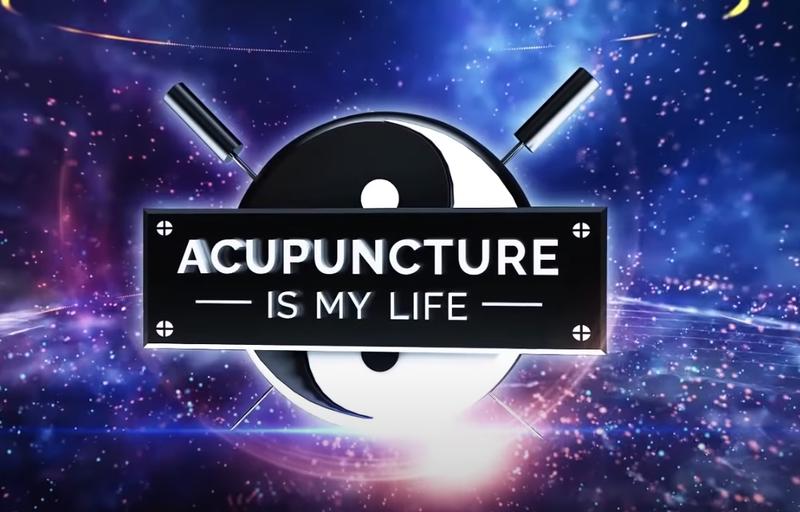Loss of Smell and Taste
Loss of Smell and Taste

With the pandemic occurring, I have received questions regarding 2 of the CDC’s 11 symptoms of the coronavirus. These symptoms are both losses of taste and loss of smell. I’ve received an overwhelming amount of chat requests from individuals interested in finding out if acupuncture can help with these symptoms. I must say, that if you experience loss of taste or smell, please see your primary care physician immediately to discuss this matter. Now have I ever treated someone who’s lost their sense of smell or taste? Yes, I have. Most patients in which I’d treated with these symptoms were not as a result of a respiratory infection, including COVID-19.
So let’s dive into the 3 main questions I’ve been asked over the past few weeks regarding these symptoms. The first is: Is the loss of taste or smell a common symptom COVID-19? Now I’ve been hearing from some of my allopathic medicine colleagues that somewhere in the ballpark of 75 to 80 percent of those who test positive for this virus have expressed having experienced loss of taste and smell. Loss of smell and taste does not necessarily mean that you’ve become infected with this virus. Loss of smell can be associated with such conditions as a simple cold, a sinus infection, or early-stage Alzheimer’s or Parkinson’s diseases. Some studies indicate that loss of smell has been present in as low as 35 to as high as 97 percent of individuals hospitalized as a result of becoming infected with this virus, which is far greater than those infected with other respiratory infections.
Another question is: What serves as the cause of these symptoms in those who have been infected with COVID-19? Now from a Chinese medicine perspective, I have to diagnose what aspect of yin and yang have been negatively impacted as a result of this exterior pathogenic factor. How does this pathogen play into one’s constitutional deficiency, what aspect of the human organism affected serves as the root and what serves as the branch in their case because everyone’s constitution is different whereby you may have certain channels that are constitutionally stronger than mine when it comes to fighting off certain pathogens and vice versa, and determine which yin organs may need to be nourished or reduced. Which meridians may be overacting, counteracting, or insulting other meridians. In many ways, I may approach my point of diagnosis. Whenever you get a moment either go to my website to gain a better understanding of acupuncture or simply go over some of the earlier episodes to gain a better understanding of how this all works.
Now the third most popular question is: What if someone only experiences a loss of taste and smell and none of the other CDC’s 11 symptoms of coronavirus? My answer to that is you should sit with your primary care physician to determine the actual cause of those symptoms to give you a clear understanding as to how you would like to approach some sort of treatment.
Of course, I’m going to throw in the biggest question of all which is how did I approach treating patients who were presented with these symptoms. I would incorporate Chinese scalp acupuncture using sensory points on the head to support body points as well as recommended Chinese herbs. I would use 4 points on the governing vessel of the body that restores a sense of smell, and 2 points on the conception vessel to restore taste, then focus on nourishing yin and clearing heat. There are plenty of acupuncturists out there that are great at treating these symptoms, but I also hold steady in saying you should see your physician who may refer you to a specialist depending upon the severity of your symptoms.
Until next time, Acupuncture Is My Life, what’s yours?
Be the first to post a message!